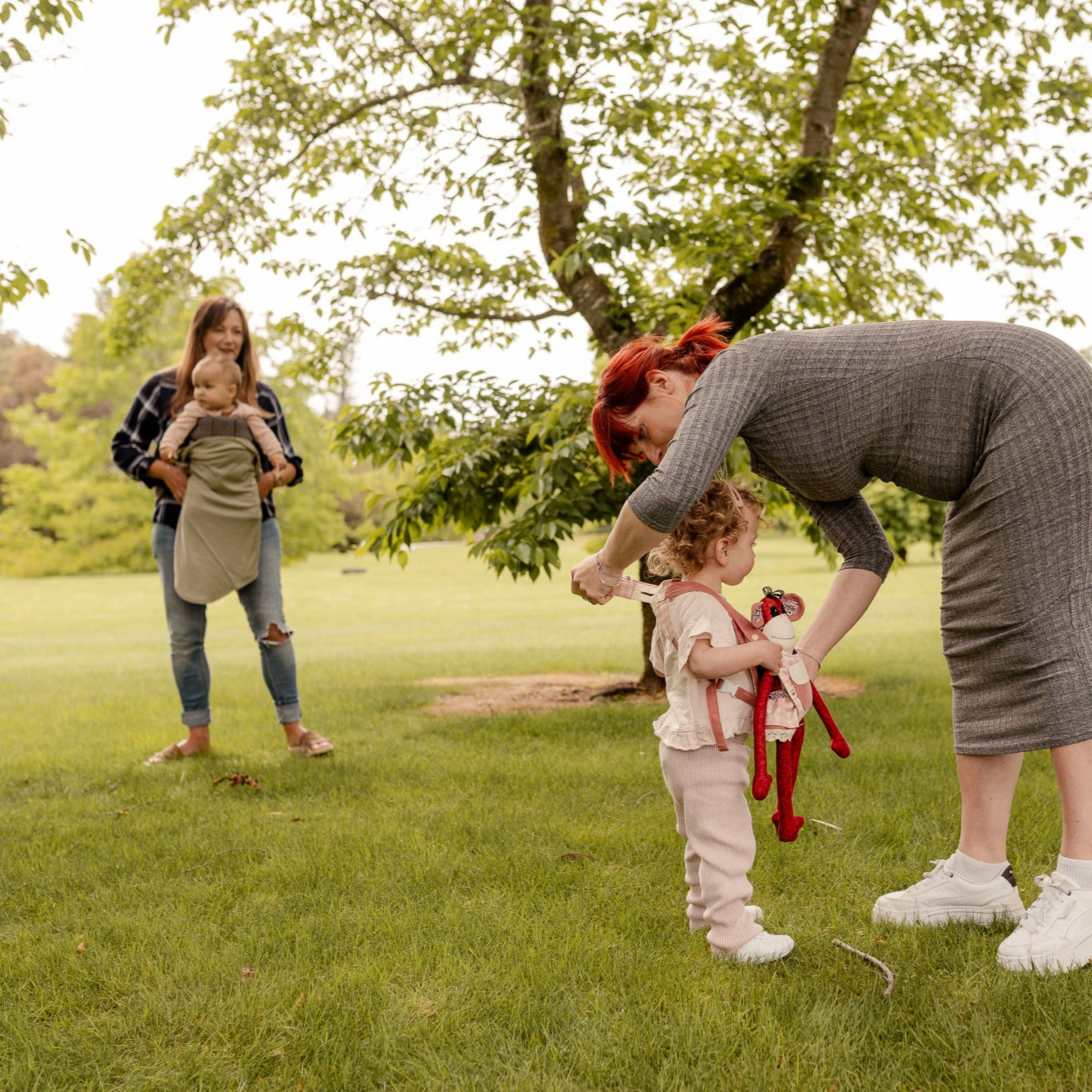
The Loneliness Epidemic in Adults
Loneliness is rampant among all sections of adult society and has emerged as one of the most pressing public health challenges of the 21st century. Former U.S. Surgeon General Vivek Murthy has described loneliness as an epidemic, noting that its health impacts rival those of smoking 15 cigarettes per day.
In New Zealand and Australia, the problem is particularly acute for grandparents separated from their families by distance because of:
- Reduced spontaneous interaction: Unlike grandparents living nearby who might have regular drop-ins, shared meals, or impromptu visits, those separated by distance miss out on the casual, everyday moments that build connection naturally.
- Higher barriers to contact: Distance creates logistical challenges—expensive flights, time zone differences, work and school schedules—that make regular face-to-face visits difficult or impossible. The research shows that over 40% of New Zealand grandparents live more than 100 km from their nearest grandchild, with many trans-Tasman families separated by roughly 2,000 km and a 3+ hour flight.
- Concentration of family support networks: Families increasingly concentrate in major cities for work whilst many grandparents remain in regional towns, meaning that local grandparents may have multiple family members nearby providing social interaction, whilst remote grandparents have fewer or no family visitors.
- Digital fatigue and preference for tangible connection: Whilst video calls help, many older New Zealanders report digital fatigue and prefer tangible, offline connection alongside technology—something that's much harder to achieve at a distance.
- Compounding isolation during crises: Events like border closures from 2020 to 2022 meant some families went 2+ years without in-person contact, intensifying the isolation that remote grandparents already faced.
The result is that approximately one in four older New Zealanders experiences persistent loneliness, with geographical separation from family cited as a primary contributing factor.
Research from Age Concern New Zealand indicates that approximately one in four older New Zealanders experiences persistent loneliness, with geographical separation from family cited as a primary contributing factor. The 2018 New Zealand Census revealed that over 40% of grandparents live more than 100 kilometres from their nearest grandchild, a figure that has steadily increased over the past two decades as families become more geographically dispersed.
The mental health impacts of this separation are profound. A longitudinal study published in the Journal of Gerontology found that grandparents who reported feeling disconnected from grandchildren showed significantly higher rates of depression and anxiety compared to those who maintained regular contact. Dr Julianne Holt-Lunstad, Professor of Psychology and Neuroscience at Brigham Young University, has documented how social isolation increases mortality risk by 29%, whilst loneliness increases it by 26%.
The COVID-19 pandemic dramatically intensified these challenges. Border closures between New Zealand and Australia from 2020 to 2022 meant that many trans-Tasman families went more than two years without face-to-face contact. The Australian Human Rights Commission's 2021 survey of older Australians found that 63% reported increased feelings of isolation during this period, with separation from grandchildren being the most frequently cited source of distress.
What makes this epidemic particularly insidious is that it operates silently. Many grandparents internalise feelings of disconnection, believing they should "not be a burden" or that distance is simply an inevitable consequence of modern life. Author and researcher Dr. Brené Brown speaks extensively about the shame that often accompanies loneliness, particularly for older generations who may have been raised to value stoicism and self-reliance.
However, there is hope in intentional connection. Research consistently shows that quality of contact matters more than quantity. A study in The Gerontologist found that grandparents who engaged in meaningful, regular communication—even if less frequent—reported lower loneliness scores than those with more frequent but superficial contact. This suggests that thoughtful connection strategies, including tangible forms of communication like letters and parcels, can meaningfully counteract the loneliness epidemic.
References
- Age Concern New Zealand. (2020). Digital inclusion and older people in Aotearoa. Wellington: Age Concern NZ.
- Australian Human Rights Commission. (2021). The impact of COVID-19 on people who are older: Survey report. Sydney: AHRC.
- Brown, B. (2017). Braving the wilderness: The quest for true belonging and the courage to stand alone. New York: Random House.
- Holt-Lunstad, J., Smith, T. B., Baker, M., Harris, T., & Stephenson, D. (2015). Loneliness and social isolation as risk factors for mortality: A meta-analytic review. Perspectives on Psychological Science, 10(2), 227-237.
- Murthy, V. (2020). Together: The healing power of human connection in a sometimes lonely world. New York: Harper Wave.
- Statistics New Zealand. (2018). 2018 Census: Geographic distribution of families and households. stats.govt.nz
- The Gerontologist. (2019). Quality over quantity: Grandparent-grandchild contact and wellbeing outcomes. The Gerontologist, 59(5), 1067-1077.
Discover All Our Mail-Friendly Treasures





Join Our Community Of Grandparents
We would love for you to become part of our community and foster those special relationships with loved ones.
Our newsletter goes out once a month and is choc full of tips, tricks, research as well as new collections and exclusive offers.

